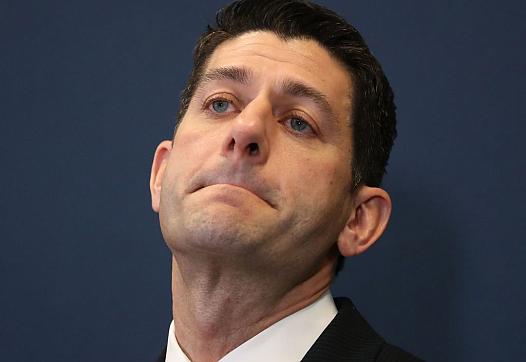
"I’ve been startled to see the debate over the AHCA reignite a political philosophy and policy approach that seemed to be have been discredited — and be in sharp decline," writes former health care journalist Michael Millenson.

"I’ve been startled to see the debate over the AHCA reignite a political philosophy and policy approach that seemed to be have been discredited — and be in sharp decline," writes former health care journalist Michael Millenson.

In California’s Merced County, residents are more likely to be exposed to tobacco, suffer from poor air quality, or die of heart disease. At the same time, the region faces a long-running shortage of doctors.
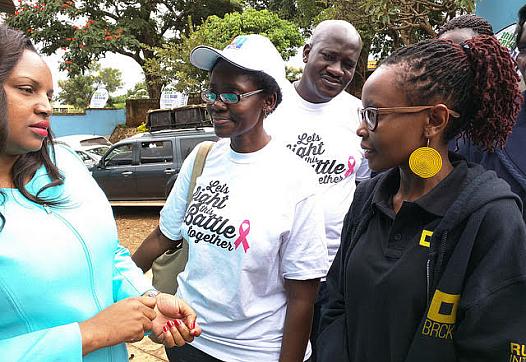
Black women have twice the risk of developing breast cancer as white women, and three times the mortality rate. They also have far less access to screening.
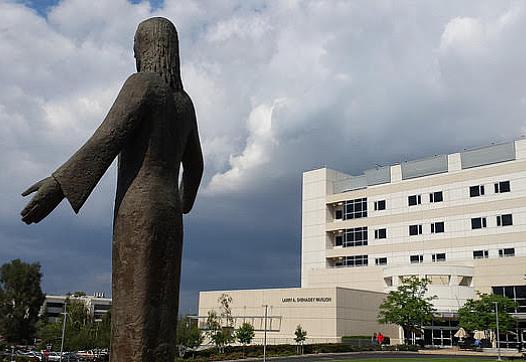
The shortage of doctors in California’s San Joaquin Valley has long impacted Central Californians in a very real way. Will efforts to combat the shortage make a difference?

Soon Californians will find themselves being asked to divulge their sexual orientation and gender identity to state health officials. But will people be willing to divulge such personal information?
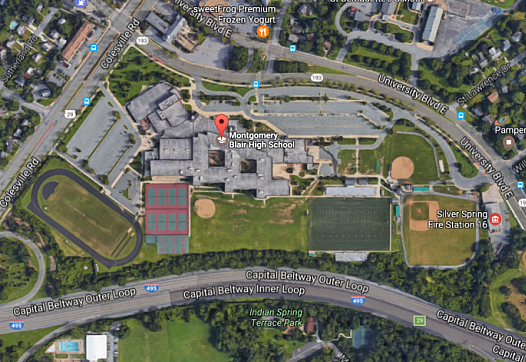
Why nearness is a problem, what schools can do and how parents have led the way.

Across the country, in big cities and small towns, kids attend schools so close to busy roads that traffic exhaust poses a health risk.
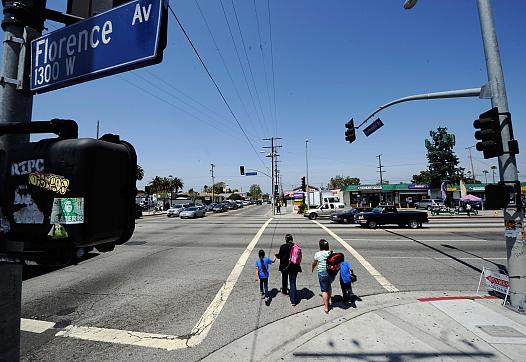
Can a revamped community hospital overcome a history of dysfunction and place residents of South Los Angeles on a path to better health and lower rates of chronic disease?

Can games with prizes and incentives get kids moving more? Two programs in the U.S. and U.K. show early promise.
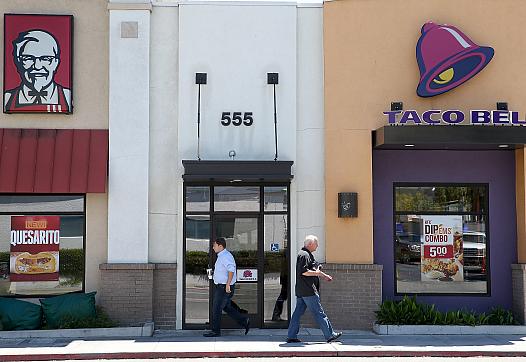
Whether it's Taco Bell’s Naked Chicken Chalupa or the Flamin' Hot Cheeto Bagel, media coverage of stunt foods “only normalizes extreme levels of salt and sugar in food and alters our taste buds to promote addiction,” argues Dr. Monya De.